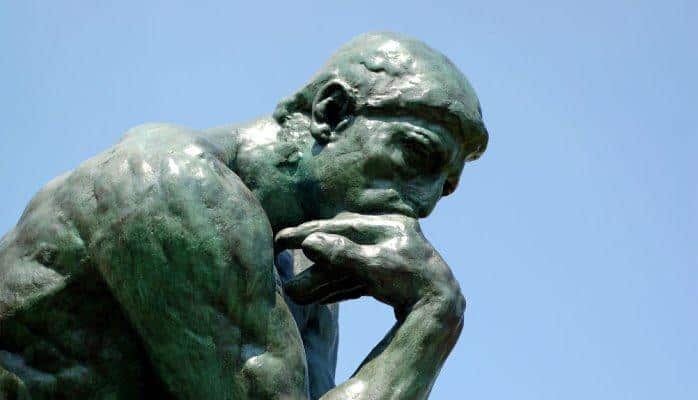Feb 17
2017
2017

Four Key Concepts for Excellent Coaching Outcomes
Posted by Perspect
A client asked me the other day what my conceptual approach to executive coaching was. I must admit I had to think about this for a while. Here are a few key concepts that came to my mind.
- Effective objective and even subjective assessments can be highly valuable in assisting clients in determine key focus areas for leadership growth. In goal setting, as executive coaches we need to ensure that the change objectives come from “inside” and that the client goals are not just “externally” imposed without any clear internal commitment.
Actions implemented to achieve goals misaligned to our value systems result in an integrity gap. We need to let clients know that they are ultimately responsible for their own lives. As coaches we need to make it clear that we are there to help our clients do the work – not to do the work for our clients. Effective goal setting is the foundation for measurable, meaningful and sustainable change. - I believe that successful leaders today have enough knowledge to execute – they have ample training – the return on investment of leadership courses, seminars etc., is relatively low when measured out six months and beyond – we know this. The value for leaders in today’s fast pace, global and dynamic environment is NOT understanding the practice of leadership (Know How) rather practicing their understanding of leadership (Show How). An effective executive coaching engagement will support this and provide the leader with a system to cascade into his team and organization leading to a coaching culture.
- “Feedback is the breakfast of champions”. – Ken Blanchard. We all need feedback to support achievement of our goals. We need to understand how what we have done has worked (or not) on a regular basis so we can continuously improve. The challenge with feedback is it focuses on the past – which is important. However it is very difficult to move forward with your eyes on the rear view mirror. As we shift to the windshield we need to ask our stakeholders for ‘feedforward’. We need to understand what can I do in the future to positively impact on my goals?
- “All we are is a result of our daily thoughts” – Buddha. What we believe or think about ourselves, our circumstance and the people around us, ultimately determines our behaviour. Creating clarity around our beliefs of our ecosystem allows us to begin to shift behaviour and hence create new habits that people will identify with. Their perception of our character and personality will change and perception is reality. Once this occurs our destiny can evolve, as we so desire.
Colin McAllister is an Executive Coach and Management Consultant with a focus on leadership development and organizational transformation. If this is an area where you can see a benefit for yourself or your team feel free to book a time to connect with Colin to learn how he and his team may support you.
